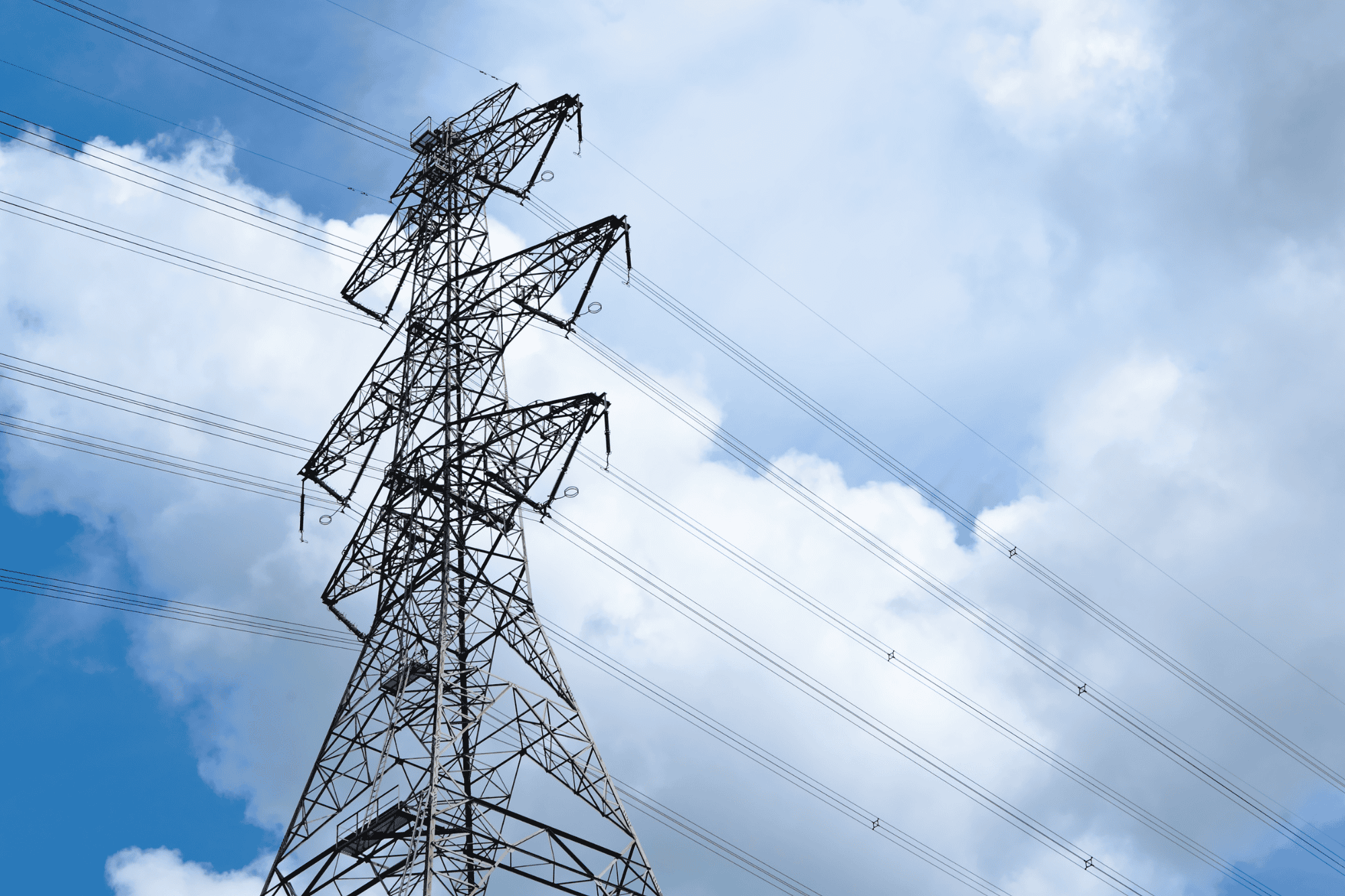Electricity is a significant cost for businesses, and choosing the right supply structure can have a major impact on your bottom line. With various electricity supply products available, understanding how each one works and how it aligns with your energy usage patterns is crucial for maximizing efficiency and cost savings. In this blog, we’ll explore the different types of electricity supply structures, explain how energy usage patterns should influence your purchasing decisions, and discuss the best products for different usage scenarios. Finally, we’ll outline how Access Energy Services can help you navigate these options to secure the best deal for your business.
The Different Types Of Electricity Supply Structures
When it comes to purchasing electricity, businesses have several supply products to choose from, each offering different levels of price stability and risk. Here’s a breakdown of the most common options:
Fixed
A fixed electricity supply product locks in a set price per kilowatt-hour (kWh) for the duration of your contract, regardless of market fluctuations. This product offers price stability and predictability, making it a popular choice for businesses that prioritize budget certainty. With a fixed rate, you know exactly what you’ll be paying for electricity each month, which can be particularly beneficial for businesses with tight margins or those looking to avoid the volatility of the energy market.
Index
An index electricity supply product ties your electricity rate to a specific market index, such as the day-ahead or real-time market price. This means your rate will fluctuate based on market conditions, offering the potential for lower costs when prices drop but also exposing you to higher costs when prices rise. Index products are suitable for businesses that are comfortable with some level of risk and are looking to take advantage of market lows. These products often appeal to companies that have the flexibility to adjust their energy usage in response to price changes.
Block + Index
A block + index product combines the stability of a fixed product with the flexibility of an index product. In this structure, a portion of your energy usage is purchased at a fixed rate (the block), while the remainder is tied to an index rate. This hybrid approach allows businesses to hedge against market volatility while still benefiting from potential price dips. It’s an attractive option for businesses that want to manage risk while remaining open to market opportunities.
Load Following Block + Index
A load following block + index product is similar to a standard block + index structure, but with one key difference: the block portion of the product adjusts based on your actual energy usage. This means that as your energy usage fluctuates, the block portion of your supply adjusts accordingly, ensuring you’re not paying more than necessary during low usage periods or exposed to higher index prices during peak times. This product is particularly useful for businesses with highly variable energy usage patterns, as it offers a more tailored approach to managing electricity costs.
Heat Rates
A heat rate product is typically used by large energy consumers, such as industrial facilities. In this structure, the price you pay for electricity is linked to the cost of natural gas and the efficiency of power generation (the heat rate). This product allows businesses to take advantage of lower natural gas prices, but it also exposes them to fluctuations in gas prices. Heat rates are suitable for companies that have a deep understanding of the energy market and are looking to closely align their electricity costs with the underlying cost of generation.
Why Energy Use Should Dictate Supply Product Type
Your energy usage patterns play a crucial role in determining which electricity supply product is right for your business. Different products offer varying levels of price stability and risk, and the best choice for your business depends on how and when you use electricity.
- Consistent Usage: If your business has consistent, predictable energy usage throughout the year, a fixed product may be the best choice. This structure provides budget certainty and protects you from market volatility, which is ideal if your priority is cost stability.
- Variable Usage: For businesses with variable energy usage—such as seasonal operations or facilities with fluctuating production schedules—an index or block + index product may be more appropriate. These structures allow you to take advantage of market lows during periods of reduced demand, while still offering some protection against price spikes.
- Peak Usage: If your business tends to use more energy during peak demand periods, a load following block + index product could be a good fit. This product adjusts to your actual usage, helping you avoid the higher costs associated with peak demand times.
- High Volume Usage: Large energy consumers with a strong understanding of the energy market might benefit from a heat rate product, which ties electricity costs to the price of natural gas and generation efficiency. This can be a cost-effective option for businesses that closely monitor market trends and can manage the associated risks.
Best-Fit Electricity Supply Rates
- Small to Medium-Sized Businesses with Steady Usage: A fixed electricity supply product is often the best choice, offering price stability and simplifying budget planning.
- Businesses with Seasonal or Fluctuating Demand: An index or block + index product provides flexibility to capitalize on market lows while managing risk during high-demand periods.
- Manufacturing or Industrial Facilities with Peak Demand: A load following block + index product is ideal, as it adjusts to actual usage, helping manage costs during peak periods.
- Large Industrial Users with High Volume and Market Knowledge: A heat rate product can align electricity costs with natural gas prices, offering potential savings for businesses that can navigate market complexities.
How Access Energy Services Can Help
Choosing the right electricity supply product requires a thorough understanding of your energy usage patterns and the various options available in the market. This is where Access Energy Services can make a significant difference. Our team of energy experts will work with you to analyze your usage patterns, assess your risk tolerance, and recommend the most suitable electricity supply structure for your business.
We offer a range of services to help you optimize your energy procurement:
- Ongoing Support: Once your contract is in place, we continue to monitor your usage and the market, ensuring your energy strategy remains aligned with your business needs.
- Energy Usage Analysis: We’ll conduct a detailed analysis of your historical energy usage to identify patterns and determine the best supply product for your needs.
- Risk Assessment: Our team will evaluate your risk tolerance and financial objectives to recommend a product that aligns with your business goals.
- Market Monitoring: We keep a close eye on energy markets, providing you with timely insights and recommendations to take advantage of favorable conditions.
- Contract Negotiation: We’ll negotiate with suppliers on your behalf to secure the best possible terms and rates for your chosen supply structure.
Ready to optimize your energy costs? Contact Access Energy Services today for a consultation and discover the best electricity supply structure for your business.



